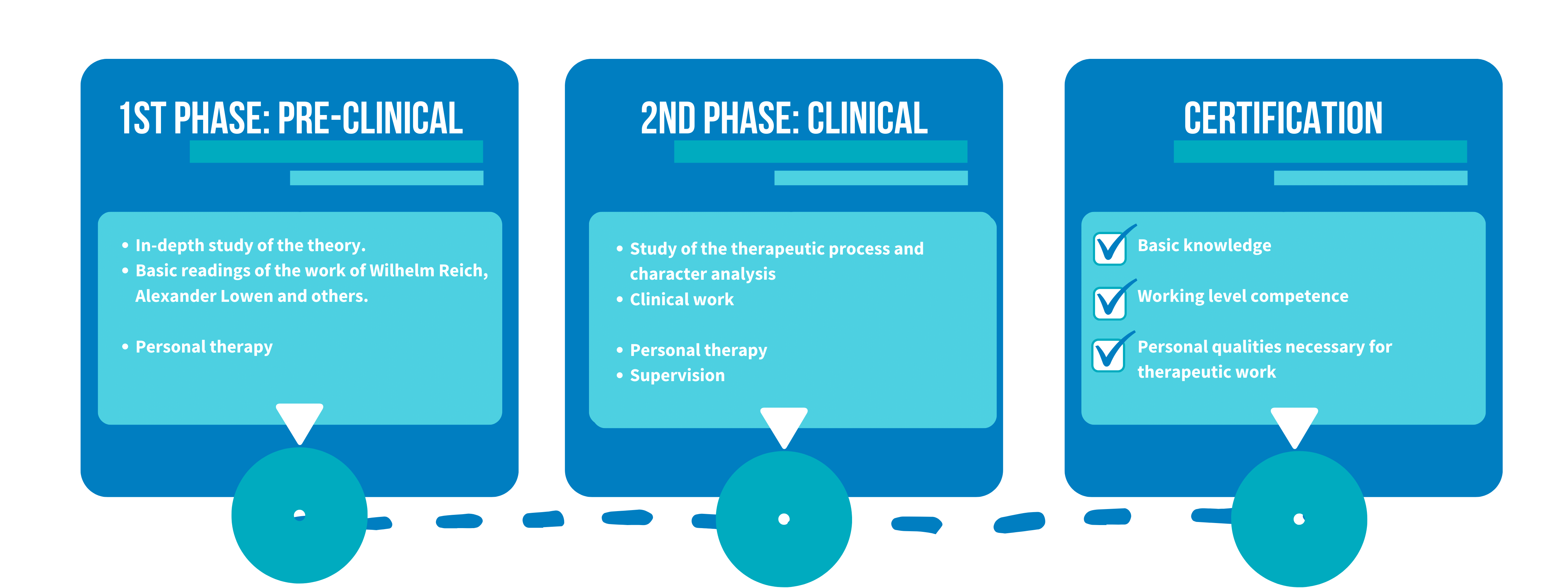About our training programs
Our affiliated societies or institutes offer training programs in order to become certified as a bioenergetic therapist by the IIBA. They follow our IIBA comprehensive training curriculum.
The IIBA Training programs lasts at least 4-5 years:
- A 4-year programs must have at least 20 training days per year, and
- A 5-year programs at least 15 training days per year.
Our students are required to be involved in an ongoing psychotherapeutic process: This process includes:
- A minimum of 140 hours of Bbioenergetic Therapy with a certified bioenergetic therapist.
- At least 70 of these hours will be done with one certified Bioenergetic Therapist.
- A maximum of 45 hours can be in ongoing group therapy.
Our students are also required to do 50 hours of bioenergetic supervision. This supervision includes:
- A minimum of 35 hours must be individual supervision and
- The remaining 15 hours may be in group supervision.
Training in Bioenergetic Analysis consists of 2 phases: Pre-clinical and clinical. Individuals will be encouraged to progress through the training program at their own rate. The process of completing these 2 phases generally takes from 4 to 6 years. There will usually be 8 to 10 training weekends during the year with 6 hours of training each day. Training is both experiential and didactic in mode. While the specifics of each training program vary slightly (reflecting cultural, legal and professional norms around the world), all our training programs are conducted under our direct supervision, offering professional training programs leading to certification as a Bioenergetic Therapist.
Content of the training program

1st phase: Pre-Clinical
- An in-depth study of the theory of Bioenergetic Analysis including an understanding of the energetic process and character, and the ways they are represented in the body and the defensive structure of personality. Participants will be encouraged to explore their own energetic process and character structure as well as those of others.
- Basic readings of the work of Wilhelm Reich, Alexander Lowen and others.
2nd phase: Clinical Phase
- A study of the bioenergetic therapeutic process and character analysis with particular emphasis on transference and countertansference.
- Clinical work with clients under supervision in individual or group sessions.
For more information, please read our abstract of the training curriculum for affiliated societies.
Personal therapy
Becoming a bioenergetic therapist necessitates understanding one's own energetic process and characterological challenges. Generally, applicants for certification are expected to be involved in their own bioenergetic therapy.
Supervision
Certification as bioenergetic therapist involves extensive supervision. Group, individual and in vivo supervision provide the bioenergetic student with extended opportunities to refine and enhance their work with clients. Issues of theory, technique, intervention, transference and countertransference are addressed in the course of supervision during the final three years of training.
To be certified a student must ...
... have the basic knowledge of Bioenergetic Analysis:

✔ Bioenergetic analytic theory including character structure.
✔ Psychoanalytic theory including transference and countertransference.
✔ Developmental theory.
✔ The therapeutic relationship between therapist and client.
✔ The history of bioenergetics from Freud to Reich to Lowen.
... demonstrate working level competence:
 ✔ Being able to make a diagnosis using a variety of methods including body reading.
✔ Being able to make a diagnosis using a variety of methods including body reading.
✔ Using the right bioenergetic techniques.
✔ Working with energetic processes.
✔ Integrating correctly physical and analytic work.
✔ Being in relationship with the client.
... possess the personal qualities necessary for therapeutic work:
✔ Professional and ethical behavior.
✔ Respect for boundaries.
✔ Understanding own character structure.
✔ Awareness of and the ability to contain and express impulses and feelings appropriately.
✔ Comfort with own and the client's emotions and sexuality.
✔ Attunement, empathy, compassion.
✔ Capacity for aliveness and the ability to be grounded.
✔ Awareness of cultural, gender, economic, religious and race issues in therapy.
✔ Commitment to ongoing learning and personal growth.
Certification steps
Certification will be granted by the local training committee which will evaluate each student's readiness in 3 areas:
- Personal therapy,
- Supervision and
- Satisfactory completion of the two phases of the training program.
Bioenergetic therapists have years of training in both Bioenergetic Analysis and psychotherapy which enhances their ability to work with the depth and breadth of therapeutic issues. To be certified as a bioenergetic therapist, you must hold a valid license to practice psychotherapy, in accordance with the laws of your state or country.
Faculty and training committee
All trainers in Bioenergetic Analysis have successfully completed all requirements for becoming a certified bioenergetic therapist, a bioenergetic supervisor and a local faculty member. Many have also completed the requirements to become an international faculty member.
Where to attend a training program?
Specific information about training in Bioenergetic Analysis in your area is available through contacting one of the local societies or institutes nearest you. You might also contact our Back-Office for more information.












